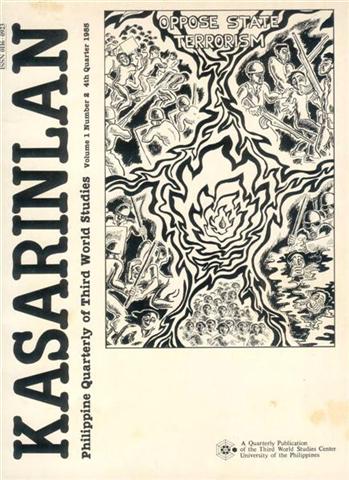The Crisis in Philippine Agriculture
Abstract
The failure of export-oriented industrialization strategy in the Philippines in the 1980s resulted in a new policy thrust called the “Balanced Agro-Industrial Development Strategy (BAIDS).” It had basic features of import substitution, export expansion, diversification of agricultural products, increased private sector participation, diminished government control and increased foreign investments. In addition, the World Bank (WB) proposed a series of agricultural reforms to the Philippine government and an agricultural loan agreement became the country’s final surrender to WB dictates on economic policy: veering away from heavy industrial orientation towards rural economic development. Incidentally, the priorities of the loan were associated with the largely discredited “Green Revolution” (GR) responsible for the entrapment of small farmers in a cycle of indebtedness, increasing marginalization and declining net incomes despite the increased production. In fact, the ultimate beneficiaries of the WB loan were the transnational agribusiness. From an international perspective, the specifics of the loan meant that it would simply flow right back into the economies of the advanced capitalist states. It is a “rescue operation” that worked in reverse. The agricultural scene does not really appear as bright as the government pictured it to be, at least for small farmers and agricultural workers. From a historical perspective, reliance on agriculture alone, especially the export-oriented kind, has never lifted any country from underdevelopment. The call for a ‘return to agriculture’ and the BAIDS concept underlying it represented in many ways a major step backward for Philippine economic development efforts. It also showed how vulnerable the country’s economic planners are to the dictates of foreign institutions such as the World Bank. In the end, all the BAIDS will reap will be social and political unrest in the Philippine countryside.
Published
2007-11-20
Issue
Section
Features
Keywords
agriculture, export-oriented industrialization, Balanced Agro-Industrial Development Strategy, World Bank, green revolution
By submitting a manuscript, the authors agree that the exclusive rights to reproduce and distribute the article have been given to the Third World Studies Center.



